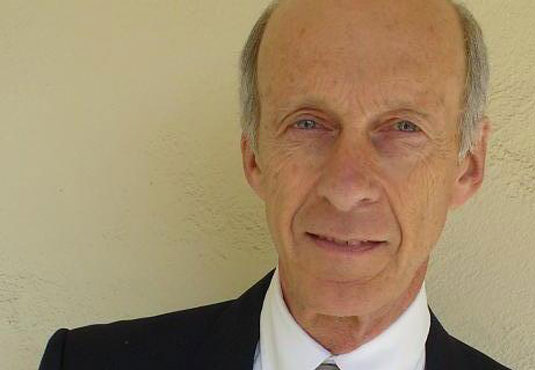HARMFUL HEADLINES: The ethics of reporting health findings
Sabrina Stewart is a student at Dartmouth College who is visiting the Uehiro Centre this term.
Newspaper health sections yield many headlines and subsequent articles that do not accurately reflect the research publication that is being reported. One article, “Boozing after a heart attack could help you live longer, research reveals” discusses the finding that drinking after a heart attack is beneficial. The headline is at best misleading, and at worse deceptive: the article fails to report the specific frequency of consumption required to derive the stated benefits, the fact that the benefits would depend on the severity of the myocardial infarction, and that any benefit would be lost by intermittent binge drinking. The publication was significant as it was a large-scale study that complemented previous findings, and could therefore be expected to have an effect on people’s health decisions.
This article was taken from the Metro, a free newspaper distributed in London and the South-East of England targeted at commuters. The self-reported estimated readership is just under two million people. If this figure is accurate, The Metro has the third largest newspaper audience in the United Kingdom, after the Sun and the Daily Mail. This capacity to influence such a significant audience comes with responsibility.
There are various Codes of Practice governing the actions of researchers and doctors to ensure unbiased and truthful information is provided to patients and clinical trial participants in order to obtain informed consent. Why is health reporting not subject to the same strict regulation when it carries similar implications for shaping people’s choices regarding their well-being?
Read More »HARMFUL HEADLINES: The ethics of reporting health findings

